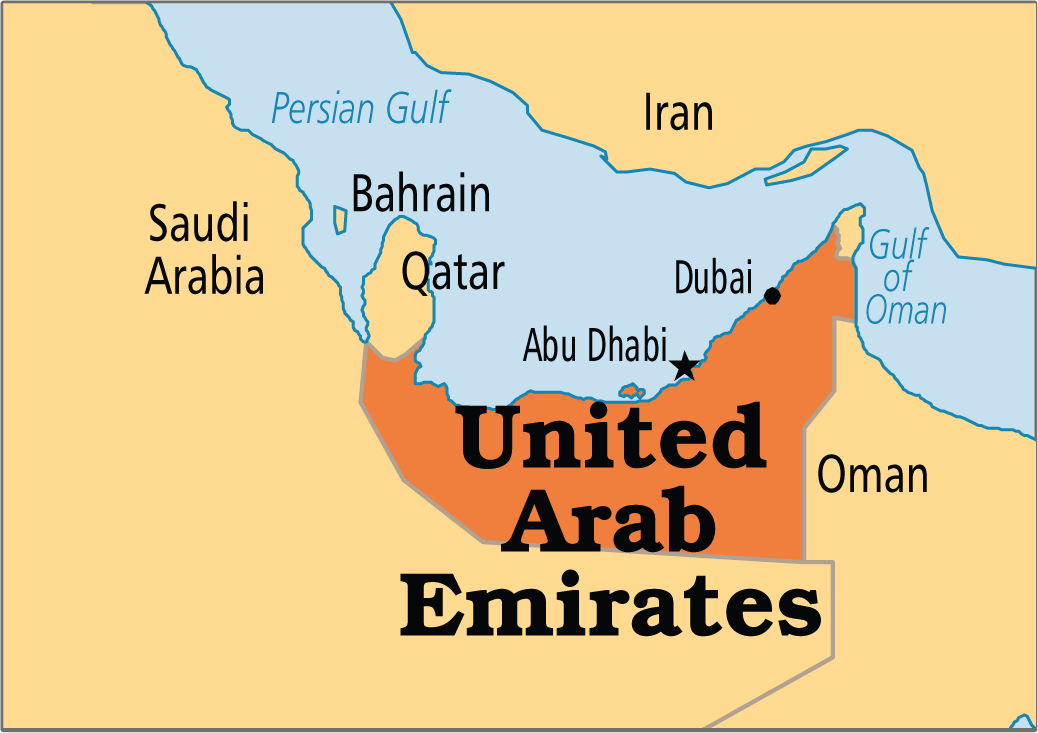International Relations
Open Sky Agreement
- 09 Jul 2020
- 3 min read
Why in News
Recently, the United Arab Emirates (UAE) has expressed interest to have an Open Sky Agreement with India.
Key Points
- Significance of the Open Sky Agreement:
- Open Sky Agreements are bilateral agreements that the two countries negotiate to provide rights for airlines to offer international passenger and cargo services. It expands international passenger and cargo flights.
- India has Air Service Agreements (ASA) with 109 countries including UAE covering aspects relating to the number of flights, seats, landing points and code-share. But does not allow unlimited number of flights between two countries.
- Open skies between India and UAE will allow unlimited number of flights to the selected cities of each other's countries.
- India’s Open Sky Policy:
- The National Civil Aviation Policy (2016) allows the government to enter into an 'open sky' air services agreement on a reciprocal basis with South Asian Association for Regional Cooperation (SAARC) nations as well as countries beyond a 5,000 kilometre radius from New Delhi.
- It implies that nations within 5,000 kilometer of distance need to enter into a bilateral agreement and mutually determine the number of flights that their airlines can operate between the two countries.
- India has open sky agreements with Greece, Jamaica, Guyana, Finland, USA, Japan, etc.
- Fifth and Sixth Freedom of Air:
- UAE also mentioned that it does not intend to implement fifth and six freedoms of air, and where the interest of Indian airlines will be threatened by other air carriers.
- The Freedom of air was formulated as a result of disagreements over the extent of aviation liberalisation in the Convention on International Civil Aviation of 1944, known as the Chicago Convention.
- The freedoms of the air are a set of commercial aviation rights granting a country's airlines the privilege to enter and land in another country's airspace.
- The fifth freedom of air includes the right to fly between two foreign countries on a flight originating or ending in one's own country.
- The sixth freedom of air includes the right to fly from a foreign country to another while stopping in one's own country for non-technical reasons.
Way Forward
- Currently, about 1,068 flights a week are operated between India and the UAE under the bilateral Air Service Agreement (ASA). India and UAE need to have an open sky policy which in turn will help India to become a commercial hub in the future.




